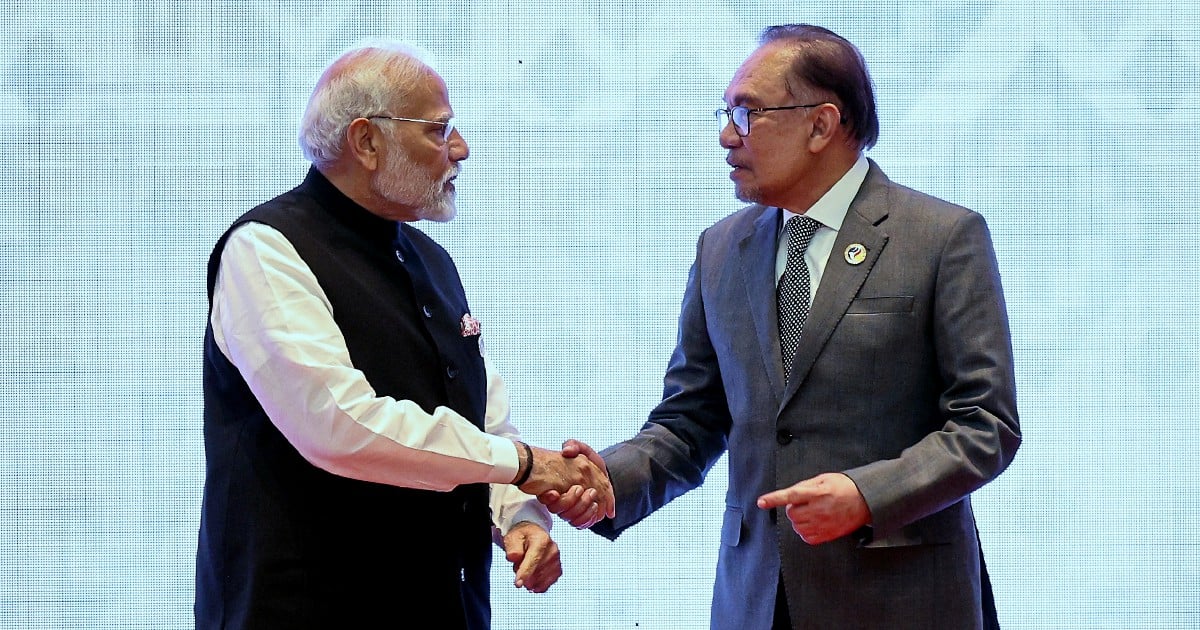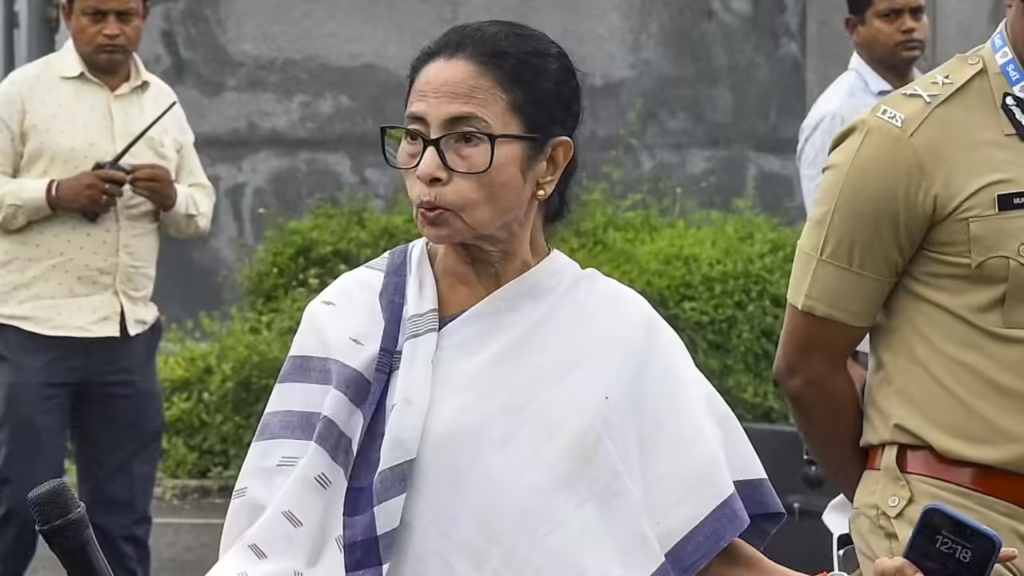Now Reading: Malaysia Backs Swift Trade Pact With India, Calls ASEAN Partnership Key for Regional Stability
-
01
Malaysia Backs Swift Trade Pact With India, Calls ASEAN Partnership Key for Regional Stability
Malaysia Backs Swift Trade Pact With India, Calls ASEAN Partnership Key for Regional Stability

Malaysia has voiced strong support for a fast-tracked trade agreement between India and the ASEAN bloc, calling the partnership a vital force for economic growth and regional stability. The statement comes as both sides work to strengthen economic and strategic ties amid global trade disruptions and rising geopolitical shifts in the Indo-Pacific region.
During recent discussions, Malaysian officials emphasized the need to accelerate the ongoing review of the ASEAN-India Trade in Goods Agreement (AITIGA). The goal is to make trade procedures more efficient, reduce barriers, and open new opportunities for businesses across Southeast Asia and India. India, which has been pushing for more balanced trade terms, has welcomed the idea of revising outdated provisions that no longer serve mutual interests.
The partnership between India and ASEAN holds major significance, especially for Tier 2 cities and manufacturing hubs in India. States like Tamil Nadu, Gujarat, and Maharashtra already have growing trade links with Southeast Asian nations in sectors such as electronics, textiles, and food processing. A smoother agreement could help small and medium enterprises in these regions access wider markets and attract foreign investment.
Experts believe that Malaysia’s clear support signals a stronger intent within ASEAN to deepen engagement with India. In recent years, India has become an increasingly important partner in supply chain diversification and regional security frameworks, including maritime cooperation in the Indo-Pacific.
Beyond trade, the collaboration is also seen as a step toward creating a more balanced regional order where emerging economies play a central role. Both sides are expected to finalize key aspects of the trade pact in upcoming meetings, aiming to modernize the framework and expand cooperation in digital trade and green technologies.
In the bigger picture, a strengthened India-ASEAN partnership could reshape Asia’s economic map by reducing dependence on traditional trade routes and promoting regional self-reliance. For India, it is a chance to reinforce its “Act East” policy with tangible results, while for ASEAN, it offers a stable partner capable of contributing to long-term regional resilience.

























